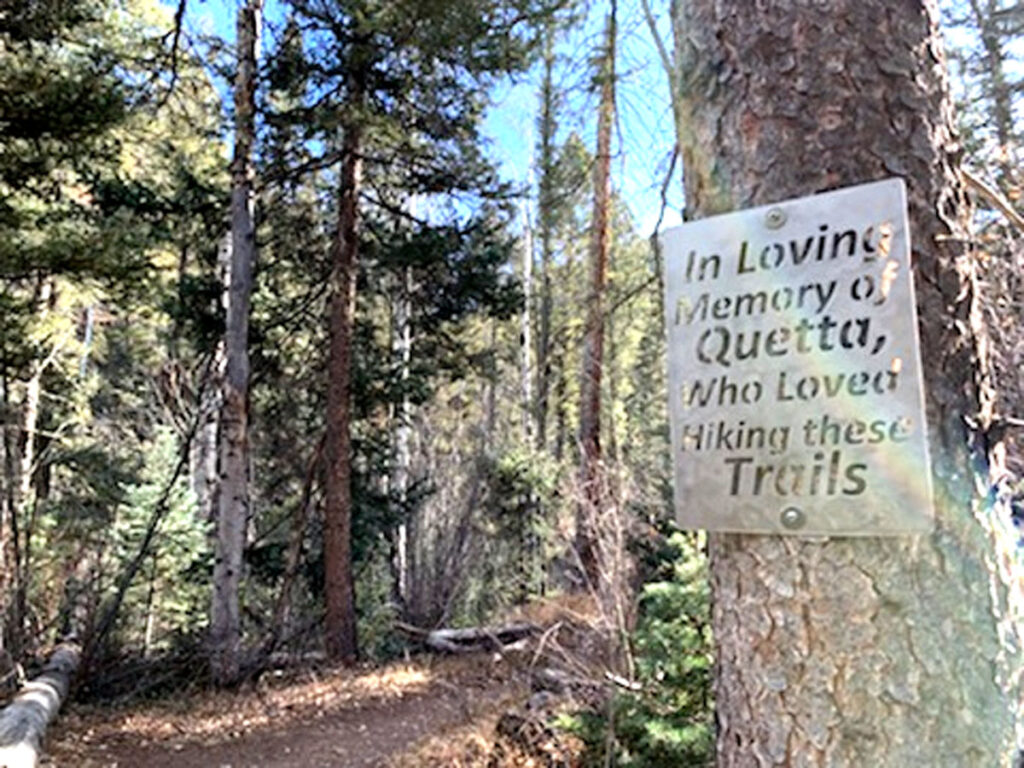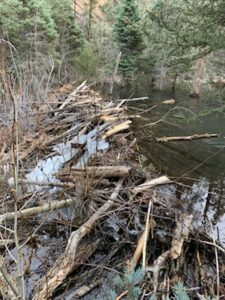
On the Value of Optimism
On a trip to Chama yesterday, I took outsized pleasure in the hazardous driving conditions. It was snowing hard, which, in these times of heartbreaking drought, means having to hit the wipers barely every 30 seconds. As it was, however, the snow was sticking to the highway. I actually had to concentrate on staying in my lane and on the road.
Yes, the drought is bad. I can’t imagine how acequia farmers must feel, or the hopeful young ski workers who may have moved to northern New Mexico to start lives in the mountains. My family has taken to showering less and dumping collected dishwater on our dormant vegetable plot, figuring a gallon stretched here means water somewhere else.
The desire to do something, anything, is strong, to fight back against what seems inevitable. Limit the carbon footprint, as though the value of doing so isn’t far behind us. Don’t drink and drive? How about don’t drink or drive? The planet will thank us.
Such thinking, of course, is to a great extent ridiculous. The planet will get by no matter what we do. It’s the life forms currently upon it that won’t, if only for the geological short term.
In our quest to do something about this predicament, we can start by realizing that our actions might be directed towards the here and now and less on the unknown future. For example, since Questa has invested so much in its recreation economy, we might try to protect the resources that the drought has made vulnerable to degradation.

I don’t know how to do this exactly, but it’s occurred to me on recent hikes that the lack of snow and cold has rendered more places accessible than they otherwise would be. Wildlife—deer, trout, bears, and bighorns, some of them pregnant—are now exposed to humans during a time of normal peace and quiet. Grass and dirt, otherwise blanketed by regenerating snow, are exposed to human feet. Perhaps the best we can do is keep nature in mind, now and in the coming months when the meadows will be needed for early season feeding and the threat of human-caused wildfire will loom large.
An upside to mindfulness could be revelations on how nature responds to drought. Desiccated trees may topple over, and animal populations may decline, but in doing so they will make resources available for the survival of other beings.
On Columbine Creek recently, I was overjoyed to see three major beaver construction projects. Not only will the dams provide sorely needed winter habitat for our precious cutthroat trout, they’ll keep the creek wet until the monsoon storms (definitely?) arrive. In the worst of scenarios, they’ll be firebreaks and/or mitigate post-fire floods threatening acequia headgates and the river Questa has worked so hard to restore.
I wouldn’t have had this thought if I’d stayed home and worried. Instead I took that hike and was reminded that nature, in its generosity, has gifts of silver linings.



